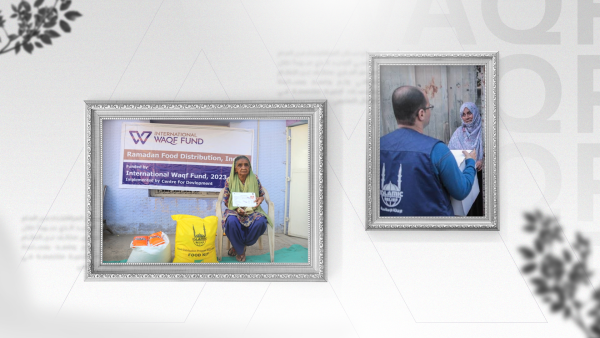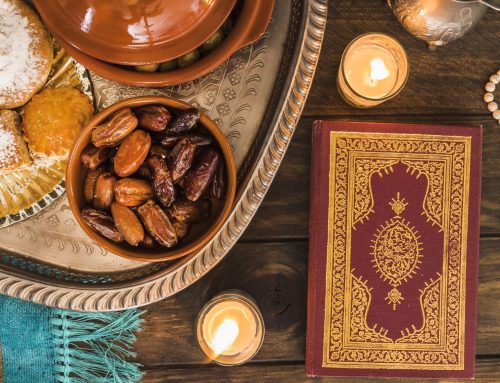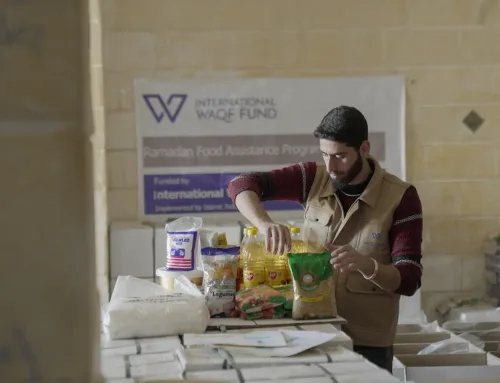Poor Women in Ramadan: Double Burdens and Hopes
In the holy month of Ramadan, this exceptional period of fasting, reflection, spirituality, and family gatherings, the focus is on the woman of the house. She tirelessly works to bring the family together at the best Ramadan table, prepares delicious desserts, and significantly contributes to organizing the rituals of the sacred month.
Whether as a mother, wife, sister, or even daughter, we all witness the role that women play, struggling to fulfill it in the face of challenging life circumstances. For impoverished women, especially those supporting their families, the challenges seem to have doubled during Ramadan, prompting us to think about how to assist them effectively.
Increasing Need and Double Burden for Breadwinning Women
Many impoverished women face numerous challenges in their daily lives, and providing necessities to their families can be an uphill task. During Ramadan, the financial burdens on these women tend to increase, particularly in countries where the cost of living is high. After fasting, women often struggle to balance their limited financial resources with the various food needs of their families.
Although the burden can be shared between spouses, breadwinning women responsible for orphans face a double burden during Ramadan. They must constantly consider the economic situation while also making time to perform religious rituals and fulfill social obligations.
For women responsible for providing for their families, fasting and performing religious rituals can pose an additional challenge as they try to balance their material, spiritual, and social duties.
How to Support Poor Women in Ramadan?
On the other side of the hardships, the meanings of social solidarity, compassion, and mutual support associated with the holy month of Ramadan can be a great hope and help to these women. By offering Zakat, Sadaqah Jariyah, and Ramadan parcels, we can alleviate the financial burdens that weigh them down. Donation campaigns and charitable psychological support initiatives also play a crucial role in easing their hardships.
This Ramadan, you can make a difference by donating a Ramadan Waqf Share or contributing to Sadaqah Jariyah, which helps to bring smiles back to the faces of entire families.
In Ramadan 2023, these women were among the beneficiaries of food parcels.

We invested nearly £30,000 from the returns of profits to help families facing hunger during Ramadan. Our efforts were focused on Gaza, India, Mali, and Syria, where we provided over 500 food parcels. The ingredients in each parcel were carefully selected based on local food preferences.
Help them and make a difference today and every day. donating in ramadan through the International Waqf Fund.





